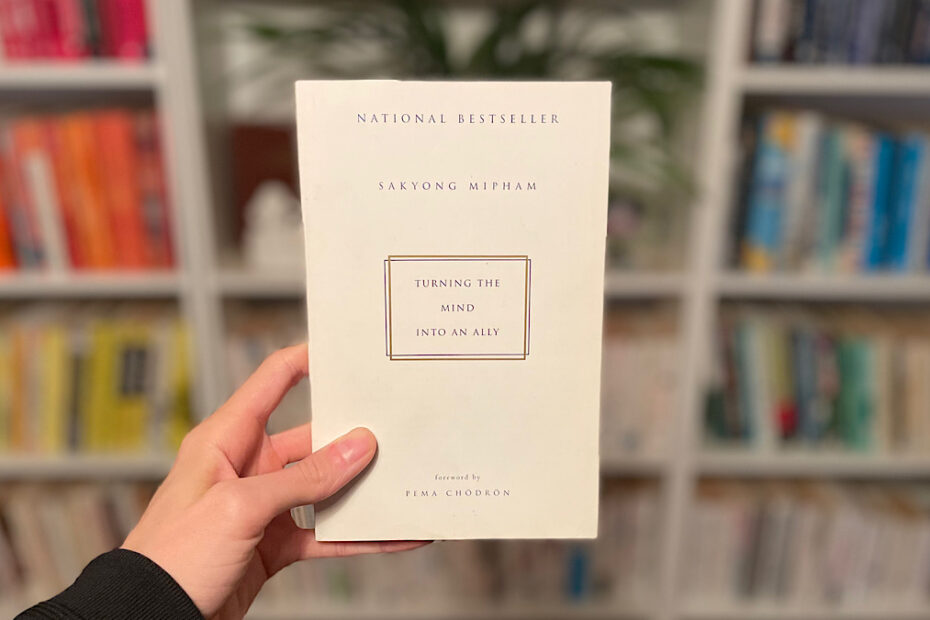Penor Rinpoche Quote on Dealing With Life Now Rather Than Waiting (and Worrying) About It Later
“Life is more difficult if you worry. It’s better to deal with things as they come up.”
Penor Rinpoche, via Turning the Mind Into An Ally (Page 101)
Beyond the Quote (134/365)
I have noticed in myself over the past few days an increased tendency to use my phone. This tendency, I suppose, could be for many reasons. It could be because of the addictive nature of phones, the increased desire for connection during a time of isolation, it could be a coping strategy to deal with the effects of the Coronavirus pandemic, a lackadaisical response to the slower lifestyle (in my case at least), or a combination of all of the above. While it is important to be a little more lenient on yourself during a time of global crisis, what I have also noticed, from careful introspection, is that I have felt my anxiety levels go up in proportion to the increased phone use.
Read More »Penor Rinpoche Quote on Dealing With Life Now Rather Than Waiting (and Worrying) About It Later